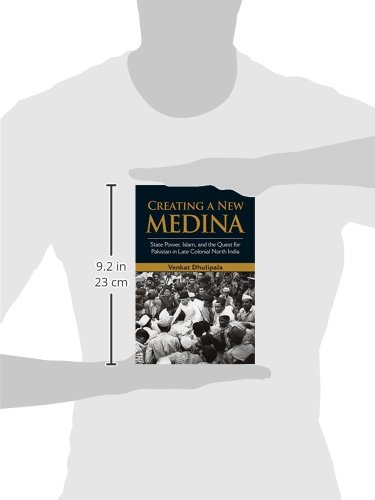Customer Services
Copyright © 2025 Desertcart Holdings Limited
Desert Online General Trading LLC
Dubai, United Arab Emirates




Creating a New Medina: State Power, Islam, and the Quest for Pakistan in Late Colonial North India
Trustpilot
2 months ago
1 week ago